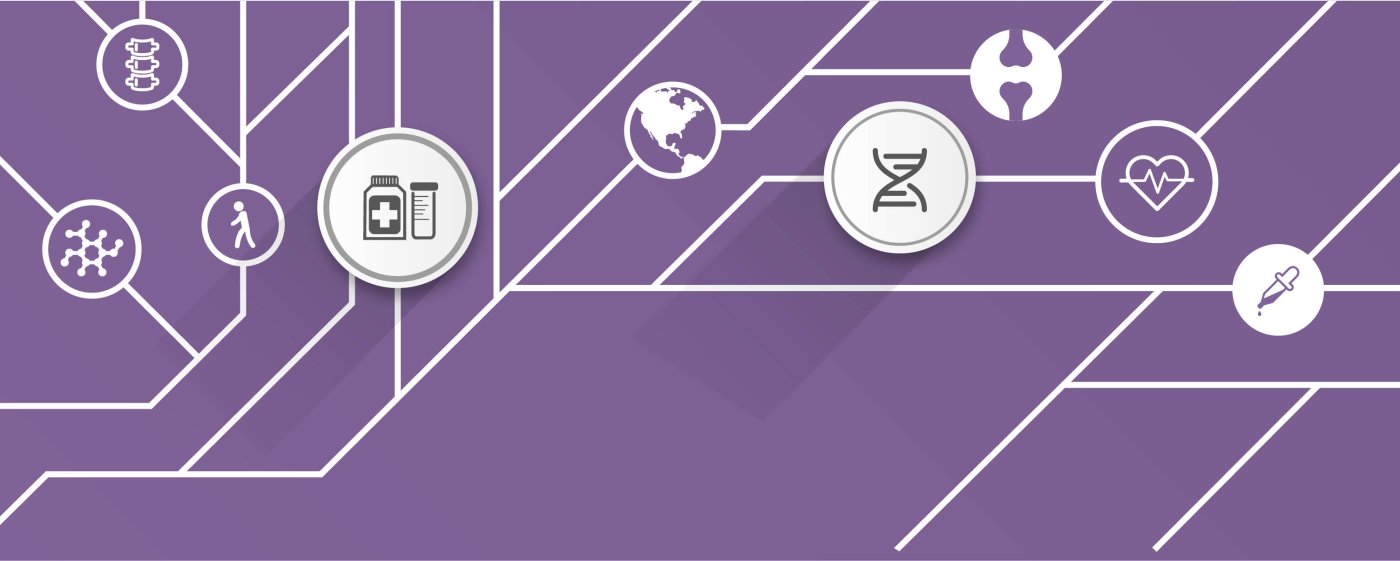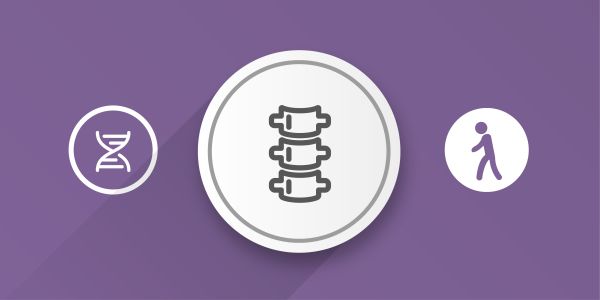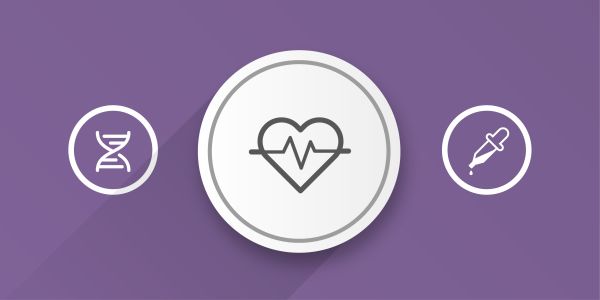Biomedicine and Health
Grand Challenge

- Faculty of Biological Sciences
- Research and innovation
- Research impact
- Biomedicine and Health
Biomedicine and Health
The challenge
Despite improvements in medicine, we are still faced with many challenges to health.
These include new emerging viruses, antibiotic resistance, an ageing population, huge increases in obesity as well as continued issues with treatment of cancer, cardiovascular diseases and neurodegenerative conditions.
Providing a holistic treatment regime that encompasses not just new drugs but also medical devices or appropriate changes in lifestyle, such as exercise is a challenge facing researchers in biomedicine and health.
Our contribution focuses on breaking new ground in our understanding of biological mechanisms to enable new treatments to emerge that can address these challenges.
Addressing the challenge
Researchers in biomedicine and health investigate basic mechanisms underpinning health and disease and apply our findings to identify new targets for treatment or prevention of conditions or to ensure healthy ageing.
Researchers in our faculty are working with others such as clinicians, industry, engineers and chemists to ensure that new biomedical insights not only enhance knowledge but also can be translated into practical outcomes such as new treatments or lifestyle changes.
With access to excellent cutting-edge research facilities and such extensive cross-disciplinary interactions, we are delivering new insights into tackling these diverse health challenges.
1 billion
people affected by
neurological disorders
10 million
deaths due to antibiotic resistance
by 2050
850,000
people in the UK live with dementia
Delivered impact
Breaking free: walking in spite of paralysis
Dr Ronaldo Ichiyama's pioneering research has restored walking ability for people with a paralysing spinal cord injury - the first in medical history.
More on Breaking free: walking in spite of paralysisCommercialisation of novel binding molecules
A new class of alternative binding proteins has been developed by a research team led by the late Professor Michael McPherson with Drs. Darren Tomlinson and Christian Tiede.
More on Commercialisation of novel binding moleculesNew ways to replace damaged human tissues
Professors Eileen Ingham and John Fisher led an interdisciplinary team that have developed a new method aimed at replacing damaged or injured skin and tendons.
More on New ways to replace damaged human tissues



